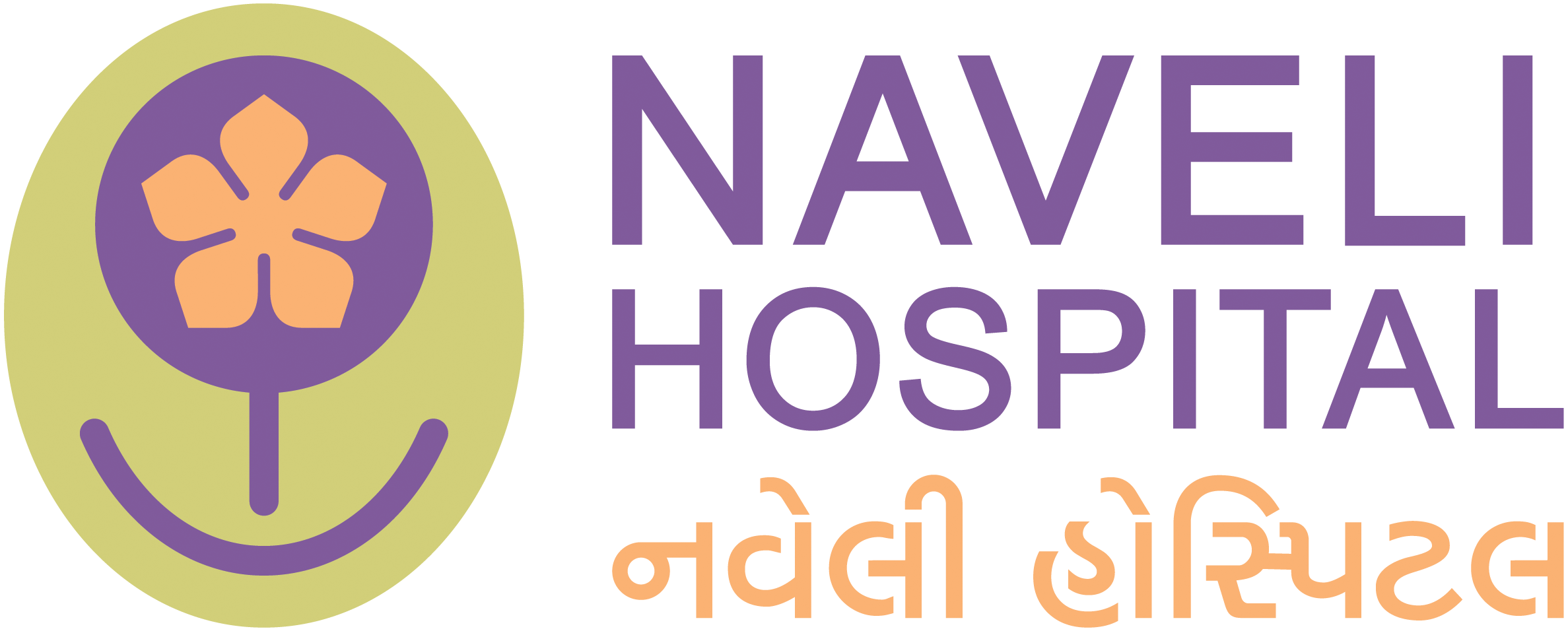Obstetric Care
Pre Pregnancy Counselling :
Pre-pregnancy counselling aims to provide women with information about the health of themselves and their fetus in pregnancy, facilitating an informed decision by the woman regarding future reproduction. This article will discuss the opportunities that exist to offer and deliver pre-pregnancy counselling and the content of pre-pregnancy counselling that is appropriate for all women, including diet and folic acid supplementation, exercise, smoking, alcohol and screening for infections and genetic diseases. The second half of the article covers pre-pregnancy counselling for women with medical or obstetric complications in a previous pregnancy such as pre-eclampsia or placental abruption, and for women with pre-existing medical problems such as diabetes, hypertension, renal and cardiac disease.
Antenatal Care :
Antenatal care or ‘pregnancy care’ is the healthcare and support you have while you’re pregnant. It’s very important to make sure you and your unborn baby are both looked after throughout your pregnancy. Antenatal appointments or ‘pregnancy appointments’ will be set up for you – they’re spaced out through your pregnancy.
At these antenatal appointments, the team looking after you will:
-
check your health and the wellbeing of your baby
-
watch out for any problems so you can get support early
-
give you and your baby any special treatment you need
-
give you information about how to look after your health and your baby’s
-
answer any questions you have
-
help you plan your baby’s birth
-
put you in touch with any other support you may need.
Regular antenatal appointments are important to:
-
keep an eye on how your baby is growing.
-
pick up some conditions such as pre-eclampsia and urinary tract infections – these might not have any early symptoms that you would notice but routine blood-pressure checks and urine tests can pick up on them, even if you feel fine
-
check the health of your baby through blood tests and ultrasound scans.
If you don’t want to go because you’re worried about having blood tests, tell the midwife about your fears.
If you can’t go to an antenatal appointment, let your midwife or the hospital know so you can make another one.
You can go to your appointments on your own or you can take someone with you. If you take someone, they can stay in the waiting room or come into the room with you, whichever you prefer.
If you decide to bring someone with you, the midwife will probably ask to see you on your own at least once. This is in case there’s anything you want to tell her that you don’t want to say in front of the other person.
Postnatal Care :
While most attention to pregnancy care focuses on the nine months of pregnancy, postpartum care is important, too. The postpartum period lasts six to eight weeks, beginning right after the baby is born. During this period, the mother goes through many physical and emotional changes while learning to care for her newborn. Postpartum care involves getting proper rest, nutrition, and vaginal care.
Getting Enough Rest
Rest is crucial for new mothers who need to rebuild their strength. To avoid getting too tired as a new mother, you may need to:
-
sleep when your baby sleeps
-
keep your bed near your baby’s crib to make night feedings easier
-
allow someone else to feed the baby with a bottle while you sleep
Eating Right
Getting proper nutrition in the postpartum period is crucial because of the changes your body goes through during pregnancy and labor.
The weight that you gained during pregnancy helps make sure you have enough nutrition for breast-feeding. However, you need to continue to eat a healthy diet after delivery.
Experts recommend that breast-feeding mothers eat when they feel hungry. Make a special effort to focus on eating when you are actually hungry — not just busy or tired.
-
avoid high-fat snacks
-
focus on eating low-fat foods that balance protein, carbohydrates, and fruits and vegetables
-
drink plenty of fluids
Vaginal Care
New mothers should make vaginal care an essential part of their postpartum care. You may experience:
-
vaginal soreness of you had a tear during delivery
-
urination problems like pain or a frequent urge to urinate
-
discharge, including small blood clots
-
contractions during the first few days after delivery
Schedule a checkup with your doctor about six weeks after delivery to discuss symptoms and receive proper treatment. You should abstain from sexual intercourse for four to six weeks after delivery so that your vagina has proper time to heal.
